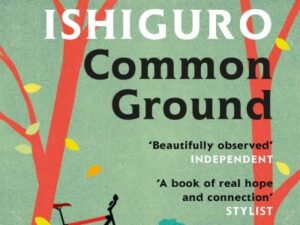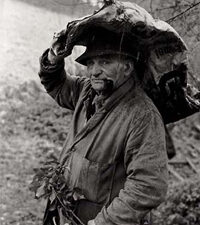Description
Summer, 1814. Thomas Hammond is an apothecary surgeon in a village near London whose dreams of a grand medical career were ruined by a shameful secret. He longs to see his apprentice, his son Edward, become a great surgeon. His other apprentice is eighteen-year-old local orphan, John Keats. Thomas sees John as a daydreamer who wastes time reading. John asks Thomas how he copes with his patients’ suffering, but Thomas has no real answer. After all, Georgian medicine is brutal with no anaesthesia, antisepsis or antibiotics. Leeches are used to bleed and medicines can poison rather than cure.
Thomas failed to save John’s mother four years earlier, and when John criticises Thomas’s methods tempers flare on both sides. Despite their differences, Thomas and John begin to develop a grudging respect for each other with Thomas seeing a humanity in the way John relates to patients. Their relationship deepens into one more resembling father and son while Thomas’s true son, Edward, disappoints his father. Thomas realises John is gifted and would make a skilled surgeon, but to help John succeed Thomas must confront his own past mistakes.
On the verge of qualifying as a surgeon, John unexpectedly abandons medicine for poetry. Thomas is devastated and struggles to find meaning in his life and work. As he faces one final challenge, can the master learn some valuable lessons about life from his poetic apprentice before it’s too late?




